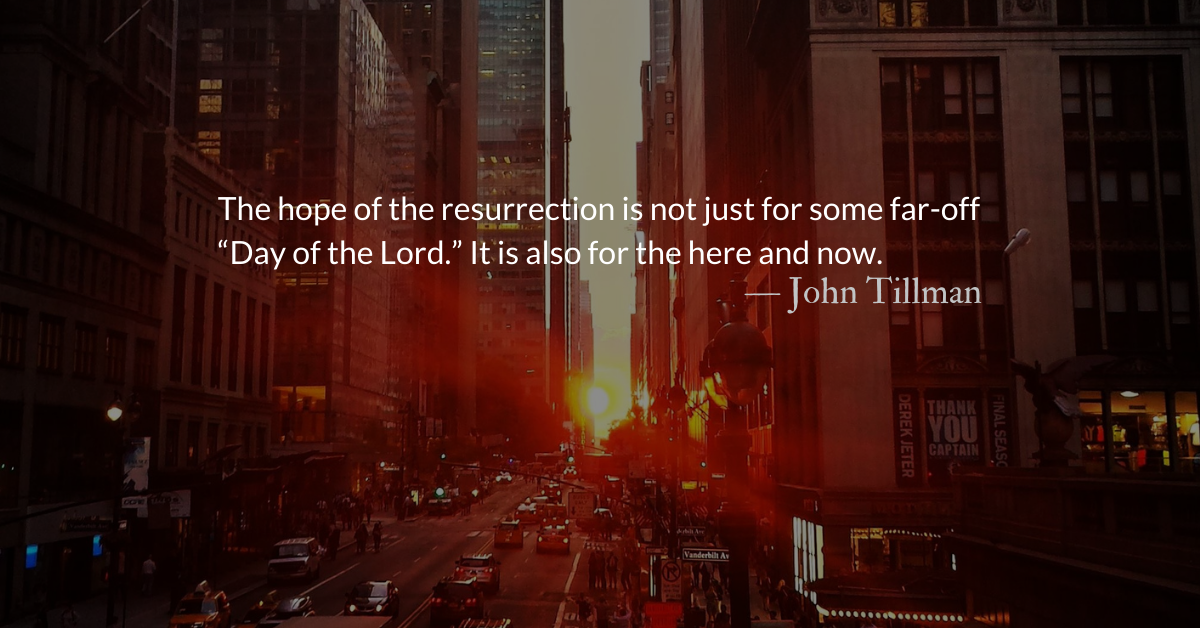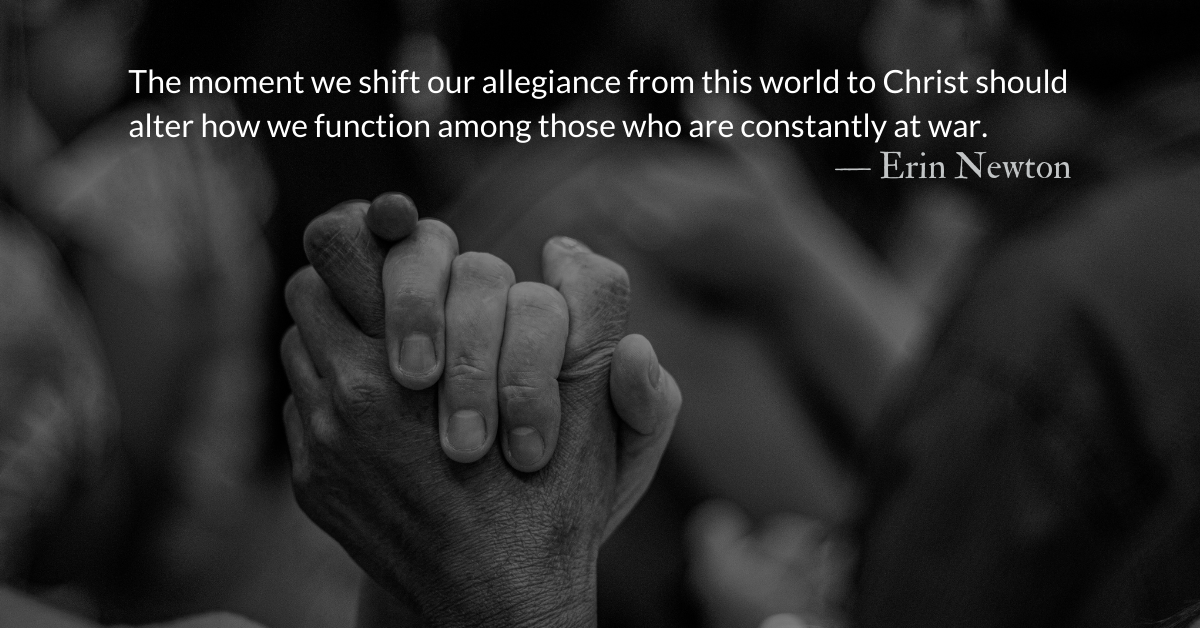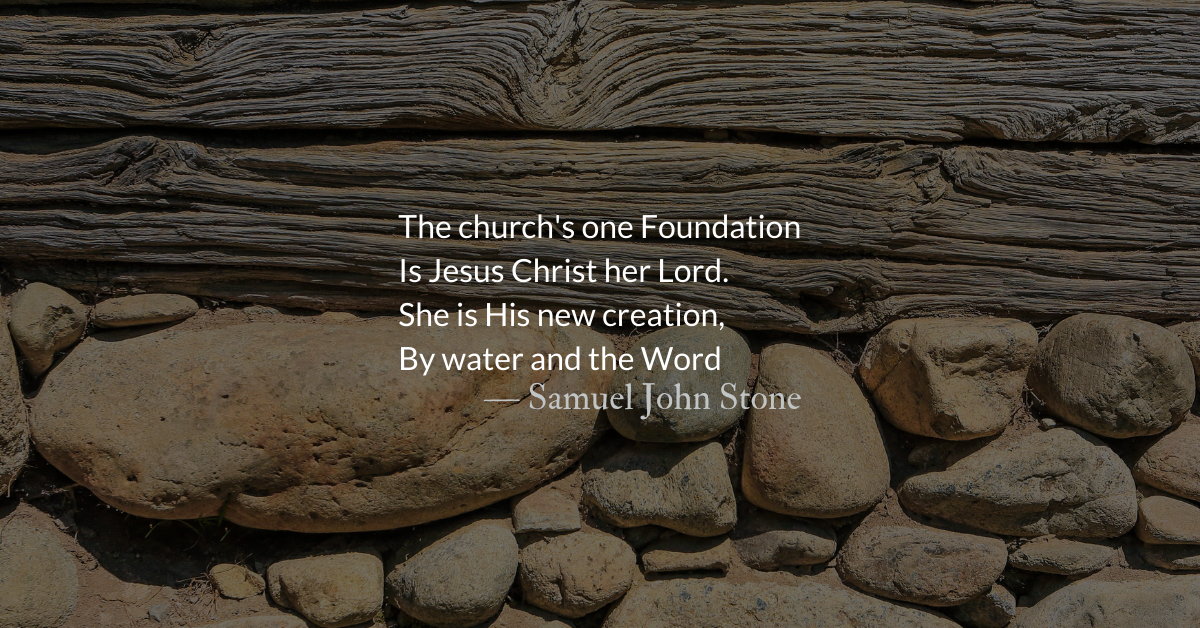Scripture Focus: 1 Kings 17.18
18 She said to Elijah, “What do you have against me, man of God? Did you come to remind me of my sin and kill my son?”
Colossians 4.3
3 Pray for us, too, that God may open a door for our message, so that we may proclaim the mystery of Christ.
1 Corinthians 15.26
The last enemy to be destroyed is death.
From John: Two years ago, on the day this devotional was posted, I spoke at the funeral of a young man who grew up performing in theatre with me since he was about 10 years old. He had died suddenly one night at 23 of a previously undetected heart condition. This left many asking if this was “God’s plan.” I wrote this partly in response to that question. Scripture does not make a strong argument that God meticulously controls and determines every event. Christians aren’t fatalists. And when it comes to death, God’s clearly stated plan is to destroy death, not collaborate with him. We can be assured that death, though it can be used for good, is not part of his “plan.”
Reflection: Christ the Enemy of Death
By John Tillman
God’s plan may refer to the unchanging will of God that cannot, due to God’s sovereignty and purpose, be overturned. This is true of God’s eternal purpose for humans to live forever in peace with God. Eden was an expression of this plan, and the new earth to come, will be the completion of this unchangeable and inevitable sovereign plan of God.
God’s plan can also refer to God’s direction for a specific situation. God’s direction to Elijah to stay with the Sidonian widow is an example of this. This granular and finite definition of “God’s plan” is not equivalent to God’s eternal, sovereign purposes.
Elijah assumes, and we often do as well, that God dictates every death as part of his plan. However, God consistently shows through scripture that he is death’s enemy, not death’s co-conspirator.
God makes it clear—throughout scripture but most directly through the actions of Christ—that death itself is not part of his “plan.”
Death is used in God’s plans in the same way God uses many evil and wicked things, diverting evil purposes for righteous purposes. God uses the death of wicked individuals in his working of justice. God uses suffering caused by death to conform us to the image of Christ. God tenderly cares for his people during the suffering of death, as a part of his loving-kindness. In many situations in the Old Testament and the New, God reverses death, resuscitating death’s victims in miraculous ways.
We can be comforted knowing God hates death. He hates the long, slow death of old age. He hates the crippling, painful death of cancer and other wasting diseases. He hates the sudden and tragic deaths of the young. He hates death that rides on the heels of war, conflict, violence, injustice, and abuses of power.
Death is God’s enemy because it harms and hurts his children. Death is an evil attempt by Satan to violate God’s eternal plans and purposes. God is, from chapter three of Genesis, working his will against death, advancing his purpose to destroy death, and preparing his people to overcome death.
Part of the mystery of Christ that Paul refers to is he confronts, on our behalf, our greatest enemies—sin and death. He has defeated them both on the cross and the Holy Spirit, our comforter today, is our guarantee that victory over sin and death will ultimately be ours.
Christ is the deadly enemy of death.
Divine Hours Prayer: The Request for Presence
Gladden the soul of your servant, for to you, O Lord, I lift up my soul. — Psalm 86.4
– From The Divine Hours: Prayers for Summertime by Phyllis Tickle.
Today’s Readings
1 Kings 17 (Listen – 3:14)
Colossians 4 (Listen – 2:21)
Read more about Make No Peace With Death
The Christian does not make peace with death. Death is the final enemy to be defeated.
Read more about The Gospel is an Uprising
Christ exiting the doors of Hell itself…is often depicted stepping upon Death…The Anastasis—the Uprising—is the great jailbreak of God.











